Interpreting the Arab Spring: Significance of the New Arab Awakening
Based on the proceedings at a conference, the volume presents papers that analyse the outbreak of the Arab Spring. Identity economic problems, social concerns, political problems, judicial issues are seen as the combination of factors that contributed to a sense of grievance around the Arab world and manifested itself in the much popularised Arab spring in 2010-2011. They examine the Arab awakening that characterised the episode, probing the impact of Arab Spring on Turkey, Iran and Palestine such as its domestic and foreign implications. They examine aspects of political Islam, the economics of the Arab Spring and the Israel-Palestine conflict in the light of the Arab Spring. They also highlight the concerns of India and its stance vis-à-vis the protests in West Asia and North Africa.
Get it now and save 10%
BECOME A MEMBER
-
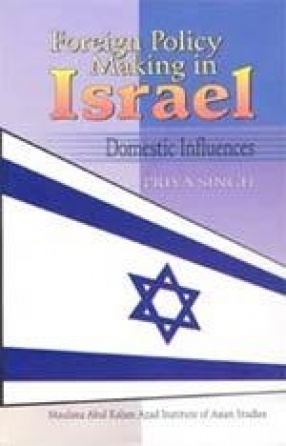
Foreign Policy Making in Israel: Domestic Influences
-
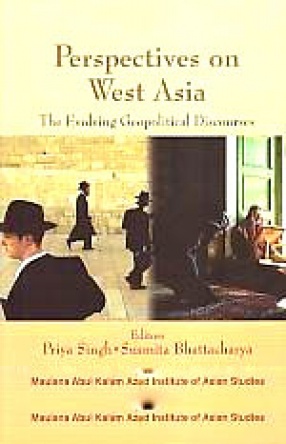
Perspectives on West Asia: The Evolving Geopolitical Discourses
-
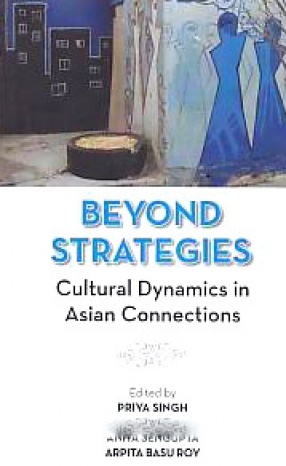
Beyond Strategies: Ccultural Dynamics in Asian Connections
-
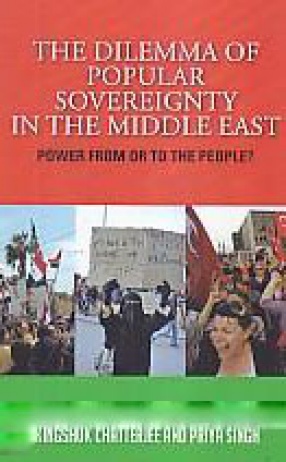
The Dilemma of Popular Sovereignty in the Middle East: Power from or to the People
-
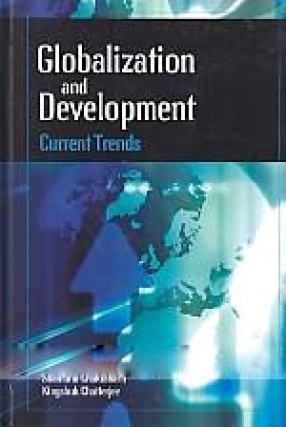
Globalization and Development: Current Trends
-
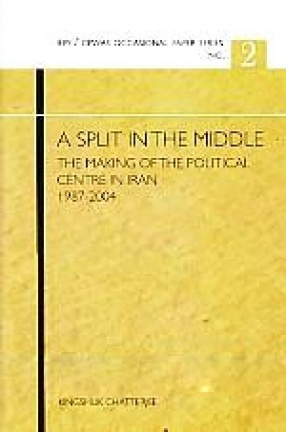
A Split in the Middle: The Making of the Political Centre in Iran, 1987-2004
-
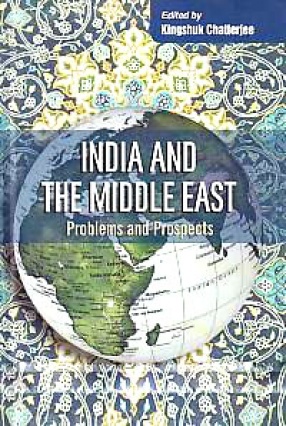
India and the Middle East: Problems and Prospects
-
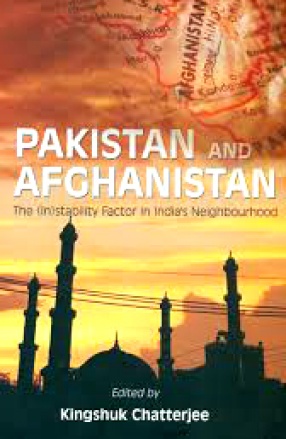
Pakistan and Afghanistan: The (in)Stability Factor in India's Neighbourhood

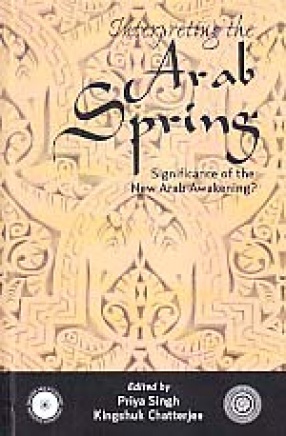
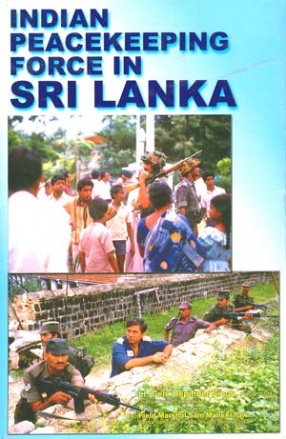
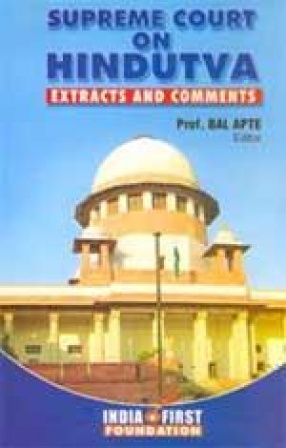



Bibliographic information
Kingshuk Chatterjee